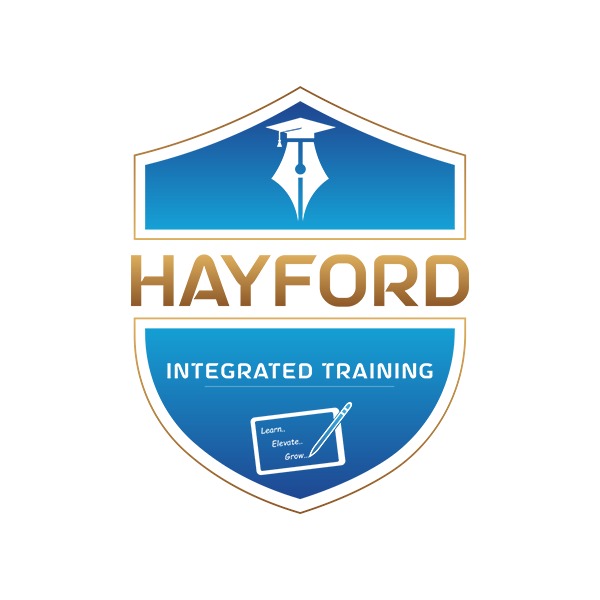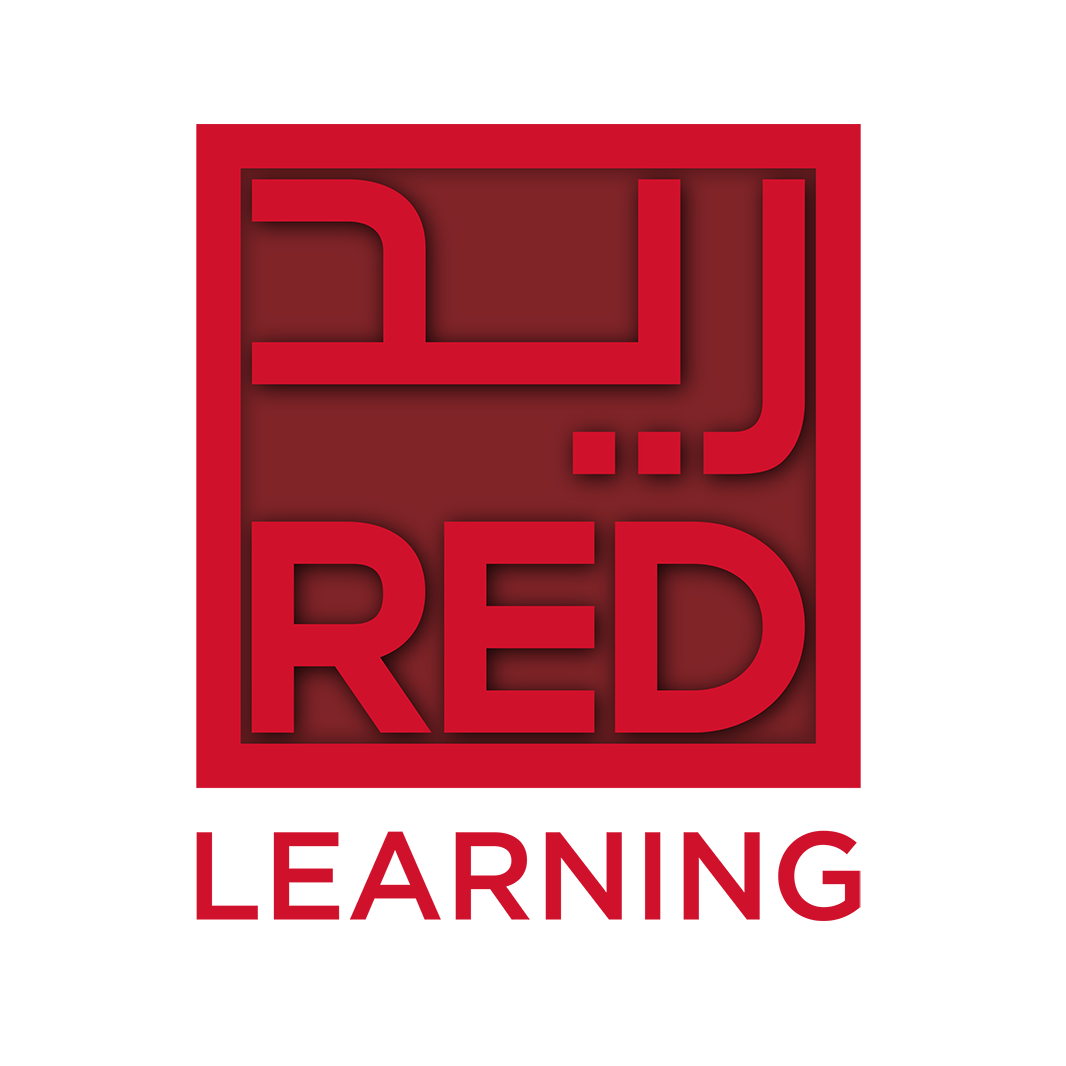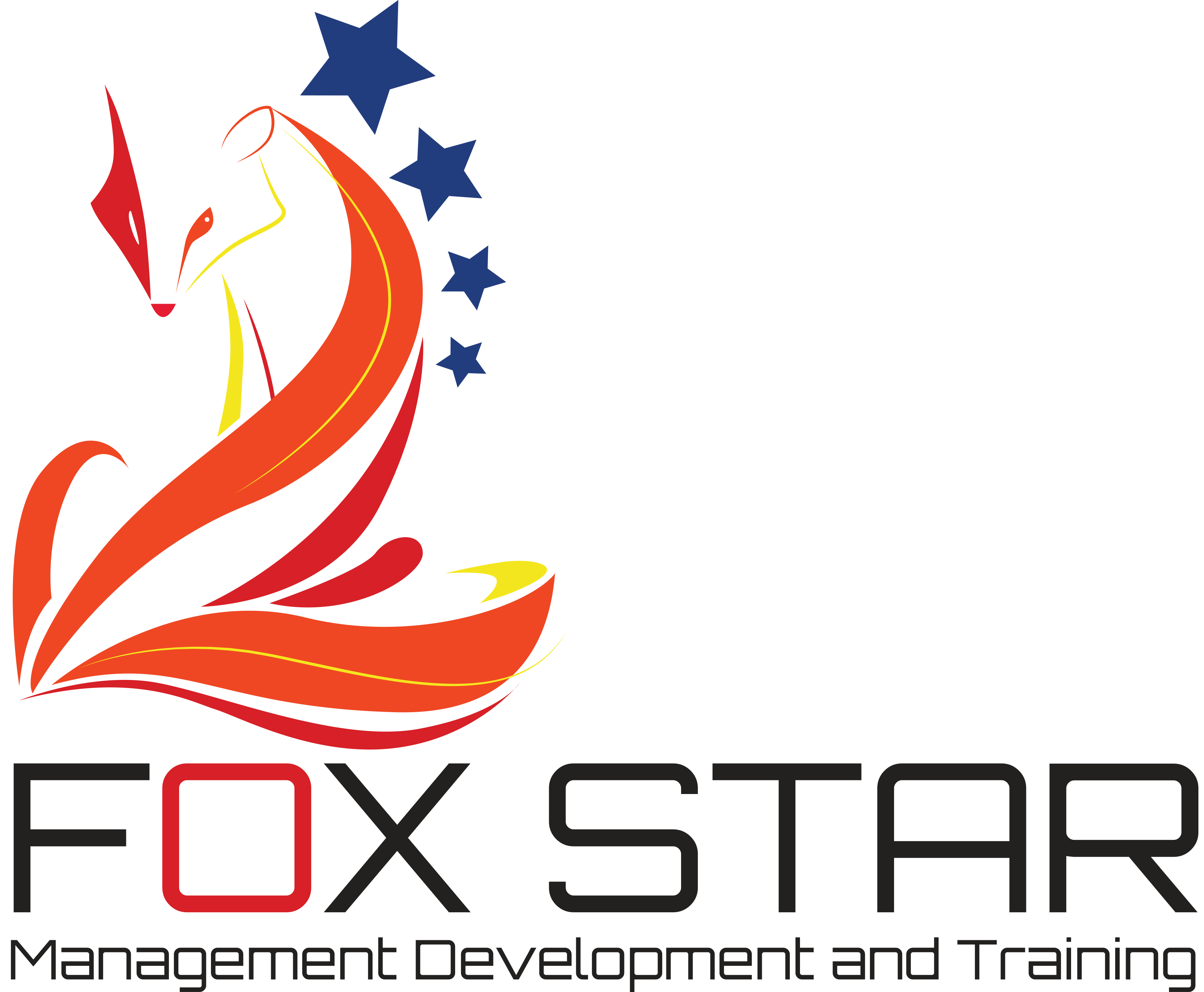Introduction
This course explains the importance of effective internal controls in non-profits pertaining to the revenue and receivables process including fund-raising. Learners will get to know the key risks in management of revenue sources.
Learners will also learn about the safeguards that a non-profit organisation can employ to ensure that valid/ authorised financial transactions are valued accurately, properly processed, documented and disclosed in a timely manner.
To facilitate the analysis of revenue collection, Operating Revenue is monitored by account and classified by type (e.g. Tax Revenue, Fees and Charges). Revenue accounts are grouped by object, objects by object group, and object groups by object class, and object classes by object category.
After attending this workshop, participants will be able to:
- Identify sub-processes of revenue sources that form the revenue to receivables process
- Explain key risks when managing revenue sources
- Explain key control objectives of the revenue to receivables process
- Identify key control activities and supporting documentation of the revenue to receivables process.
- Planning and balancing with fines and forfeitures
- Managing reimbursements
- Service fees management; pension fund management; Tax fund management
Who should attend?
- Officers in Government Revenue department (Mid and Top level)
- Employees of Tax department
- Employees of Pension fund department
- All government employees in finance department
- Junior to senior officials interested in understanding fiscal policy and its macroeconomic implications.
- Central bank officials serving on governance and oversight bodies, and/or senior central bank staff responsible for accounting, financial reporting, auditing, risk management, internal control, legal, or reserve management operations.
Training Methodology
Training course will utilise a variety of proven learning techniques to ensure maximum understanding, comprehension and retention of the information presented.
This training course is an interactive mixture of lecture, discussion, activities and practice on several management skills. It provides definitions, examples, discussion and activities designed to promote skill building with interaction and discussion among participants.
Course Outline
Understanding Economy
- Fundamental Economics
- Budget, Taxes and Public Investment
- Economic Growth
- Education
- Green Economics
- Health Care Systems
- Immigration
- Inequality and Poverty
- Jobs and Unemployment
- Minimum Wage
- Race and Ethnicity
- Raising Pay
- Regulation
- Retirement program
- Trade and Globalization
- Unions and Labour Standards
- Wages, Incomes and Wealth
- Decision Making and Cost-Benefit Analysis
- Division of Labour and Specialization
- Macroeconomics
- Aggregate Demand
- Aggregate Supply
- Budget Deficits and Public Debt
- Business Cycles
- Economic Growth
- Employment and Unemployment
- Fiscal Policy
- GDP
- Inflation
- Monetary Policy and the Federal Reserve
- Real vs Nominal
- Microeconomics
- Competition and Market Structures
- Consumers
- Demand
- Elasticity of Demand
- Entrepreneurs
- Government Failures/Public-Choice Analysis
- Income Distribution
- Market Failures
- Markets and Prices
- Price Ceilings and Floors
- Producers
- Profit
- Roles of Government
- Supply
- International Economics
- Balance of Trade and Balance of Payments
- Barriers to Trade
- Benefits of Trade/Comparative Advantage
- Economic Development
- Foreign Currency Markets/Exchange Rates
- Personal Finance Economics
- Compound Interest
- Credit
- Financial Markets
- Human Capital
- Insurance
- Money Management/Budgeting
- Risk and Return
- Savings & Investing
Government Assets Management
- Administrative assets (Official properties)
- Government office buildings
- Housing facilities for national government officials
- Penal institutions
- Other official Properties
- Administrative assets (Official properties)
- Government office
- buildings, housing
- facilities for national
- government officials,
- penal institutions, etc.
- Administrative assets (Public properties)
- National roads
- Rivers,
- National government parks
- Recreation centres
- Human development related assets
- Administrative assets (Imperial properties)
- Palaces held by Royals / Royal families
- Properties used by Royals / Monarchs / Museums
- Administrative assets (Forest properties)
- National forests used for national forest projects
- Natural resources
Government Revenue Management
- Revenue from Taxation
- Value added tax
- Business tax
- Consumption tax
- Land value added tax
- Tax on city maintenance and construction
- Resources tax
- Tax on use of urban land
- Enterprise income tax
- Personal income tax
- Tariffs
- Stamp tax on security transactions
- Tax on purchase of motor vehicles
- Tax on agriculture and animal husbandry and tax on occupancy of cultivated land
- Special Revenues
- Fee on sewage treatment
- Fee on urban water resources
- Fee for the compensation of mineral resources
- Extra-charges for education
- Housing fee
- Sewerage fee
- Other Revenues
- Revenue from interest
- Revenue from the repayment of capital construction loan
- Revenue from capital construction projects
- Donations
- Grants
- Subsidies for losses
- Understanding negative revenue
- Subsidies to industrial, commercial
- Subsidies to grain purchasing and supply enterprises
- Subsidies for Fuel & Cooking gas etc.
Tax Revenue Management
- Law of Tax Administration and Procedure (IMF)
- Structure of Tax Administration Law
- Organizing Principles of Tax Administration Law
- Functional Categories; Temporal Organization; Legal Categories
- Interrelation of Tax Administration Law with Other Laws
- Nontax Law
- Substantive Tax Law
- Location of Tax Administration Law
- Compilation and Publication of All Tax Laws
- Definitions of General Applicability
- Regulations and Rulings
- Regulations and Rulings of General Applicability
- Rulings of Specific Application
- Returns and Record Keeping
- General rules relating to returns
- Information Returns
- Conditioning a Tax Benefit on Identification of the Payee
- Record Keeping
- Audits and Investigations (Role & functions)
- Relationship Between the Taxation Authority and Investigative Agencies
- Access to Third-Party Records and the Power to Issue Summonses
- Indirect Methods of Assessment
- Dispute Settlement
- Compromises
- Payment of Tax During Dispute
- Disputes Within the Taxation Authority
- Tax Adjudications
- Procedures in Tax Adjudications
- Burden of Proof in Tax Adjudications
7) Recovery
- Tax Liens
- Seizure of Property
- Sale of Seized Property
- Recovery of Debts Owed the Taxpayer by Third Parties
- Instalment Payment Arrangements
- Receivership
- Property Transferred Without Full Consideration
- Compromise and Write-Offs
- Taxpayer Ombudsperson
8) Taxpayers rights
- Confidentiality
- Notice
- Reasonable Audits
- Explanation
- Counsel
- Record
- Discovery
- Hearing
9) Taxpayer Compliance and Sanctions
- Compliance Issues
- Design of the Substantive Tax Law
- Purpose of Sanctions
- Operation of Deterrence
- Design of Civil Sanctions
- Deterrence
- Encouraging Resolution of Disputes
- Punishment
- Flat-Rate Penalties
- Severity of Civil Sanctions
- Rules to Increase the Effectiveness of Civil Sanctions
- Criminal Offenses by Taxpayers
- Tax Administrator Penalties
Pension Fund Management
- Pensions Scheme Governance, Regulation & Retirement Funds
- Pension scheme roles of Regulators, Trustees and other responsible parties
- The pivotal role of pensions in contemporary economies
- Poor performance of pension scheme assets and investment managers
- Building confidence in pension systems and individual schemes
- Challenging advisors and service providers to deliver greater value
- Strategic initiatives, e.g. increased scale, internal investment management
- The wider stewardship role of pension schemes in the future Functional Categories; Temporal Organization
2) Pension Scheme Investment in Private Equity
- The nature and risk/return profile of private asset investment
- Rationales for pension scheme allocation to private equity and infrastructure
- Pitfalls in private asset investment and the key role of effective due diligence
- Realistic liquidity analysis in public and private asset markets
- Evolution of private investments and key exit strategies
- Project finance structures and participants
- Monitoring and evaluation of pension funds: reviewing the Service Legal Agreement (SLAs)
- How surplus returns should affect Employee Benefit Plans
- Innovation in the pension and retirement fund Industry





